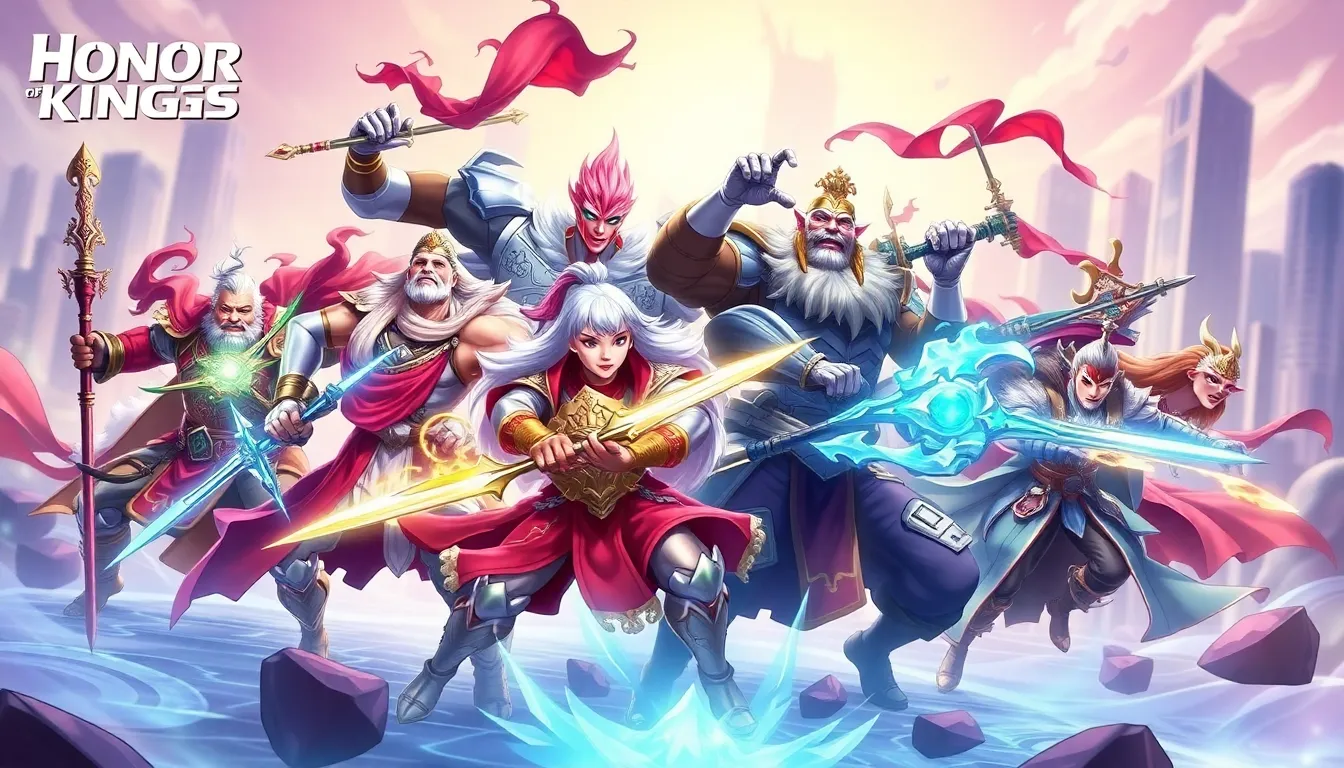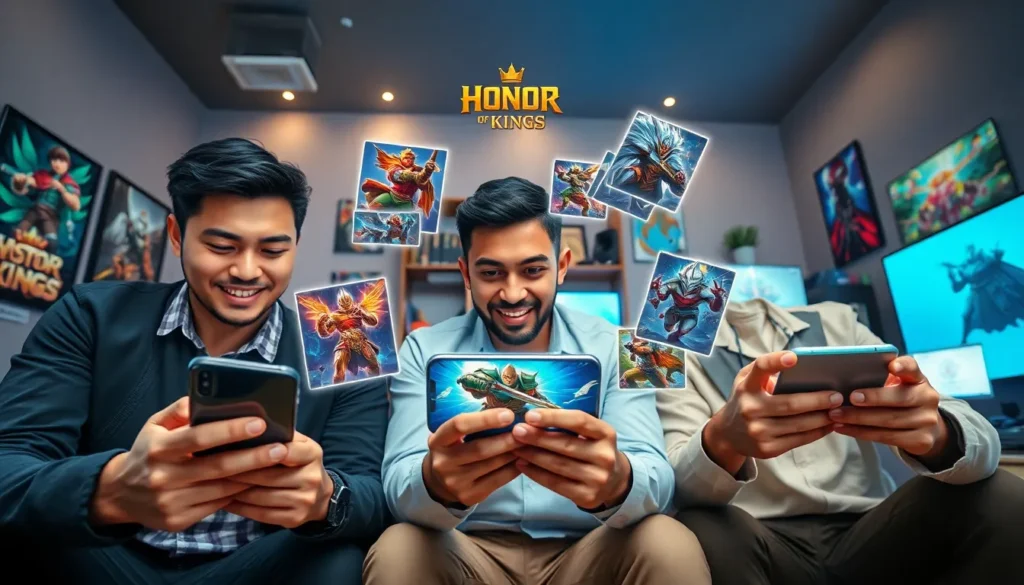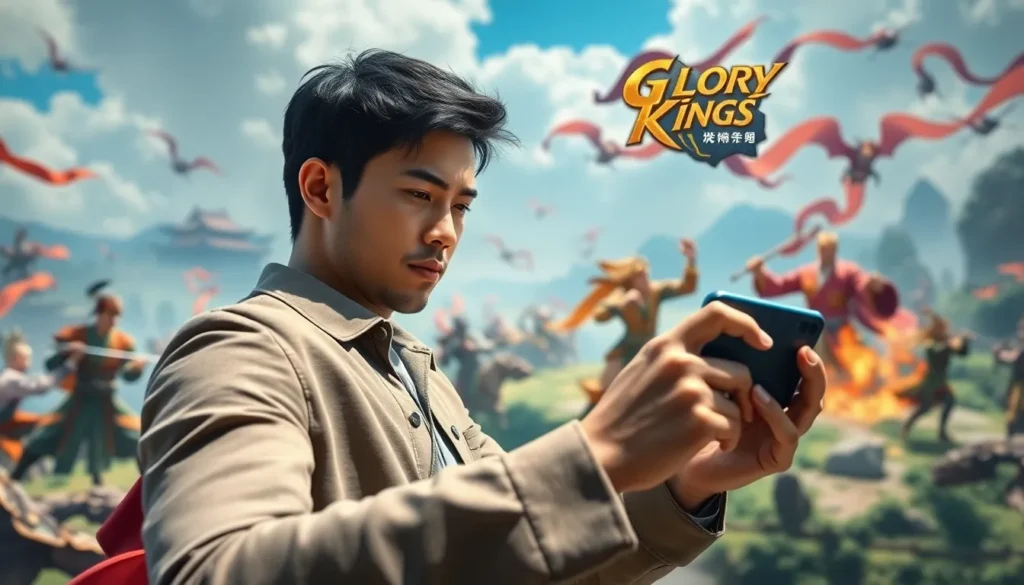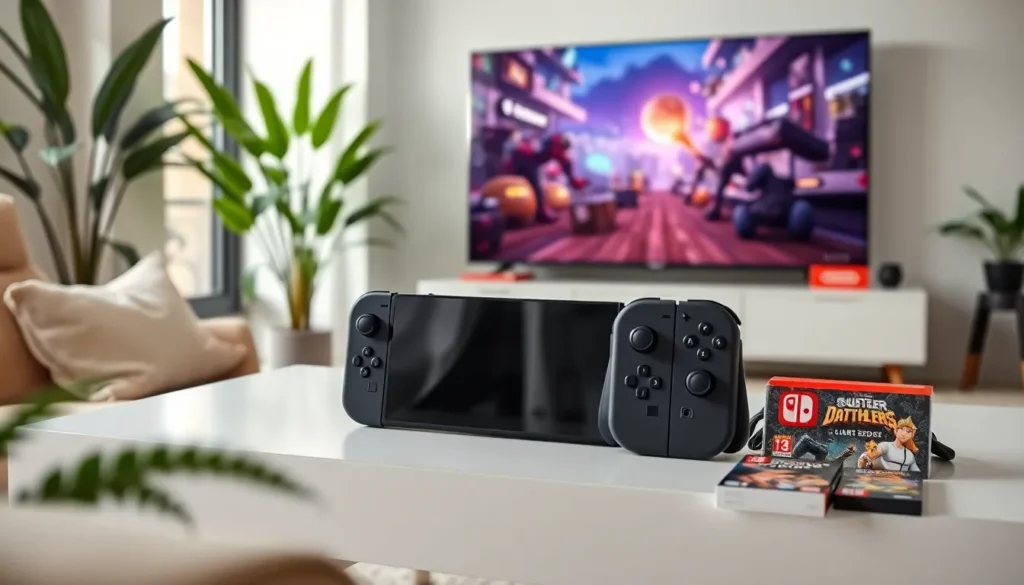Table of Contents
ToggleIn a world where mobile gaming dominates, few titles have made as big a splash as Honor of Kings. Picture this: you’re hunched over your phone, heart racing, fingers tapping furiously as you unleash your hero’s ultimate skills. But wait, what if I told you the real magic rests not just in the game mechanics but in the diverse heroes you get to command? That’s right, Honor of Kings is a treasure trove of legendary champions, each with their own unique abilities and backstories. Ready to dive deeper into this fantastical realm? Let’s embark on this journey together, where we explore the game, its heroes, and what truly makes them legendary.
Overview Of Honor Of Kings

Game Origins and Development
Honor of Kings, developed by Tencent Games, was first released in China in 2015. Initially designed for the domestic market, it became an instant hit, garnering millions of players within months. The game draws inspiration from traditional Chinese mythology and historical figures while blending action-packed gameplay with strategic elements. Its success has inspired numerous adaptations across platforms, including the popular Arena of Valor for global audiences.
Impact on Mobile Gaming
The influence of Honor of Kings on the mobile gaming landscape cannot be overstated. It redefined the multiplayer online battle arena (MOBA) genre, establishing mobile as a viable platform for competitive gaming. This game paved the way for other mobile titles, encouraging developers to create rich narratives combined with intense gameplay, leading to an influx of new players and opportunities for esports. Its compelling mechanics make it not just a game, but a cultural phenomenon.
Hero Classes and Roles
Types of Heroes Available
In Honor of Kings, players can choose from various hero classes, including Warriors, Mages, Assassins, and Support characters. Each class brings its own flair to the battlefield. For instance, Warriors excel in close combat, while Mages unleash devastating magical attacks from afar. This diversity allows players to tailor their strategies based on their preferred play style.
Roles in Gameplay
Understanding hero roles is crucial to mastering Honor of Kings. Typically, heroes fall into specific roles like Tank, Damage Dealer, or Support. Tanks absorb damage and protect their teammates: Damage Dealers focus on eliminating opponents: and Support heroes back up their team with healing or buffs. Finding the right balance within your team can easily turn the tide of battle.
Popular Heroes and Their Abilities
Analysis of Top Heroes
Some heroes consistently stand out in the meta, becoming fan favorites. For instance, Li Bai, the swift and deadly warrior, is renowned for his mobility and damage output, making him a go-to choice for aggressive players. Similarly, Sun Wukong boasts versatile skills that enable him to adapt to numerous situations, captivating both casual players and competitive gamers alike.
Hero Skill Sets and Strategies
Each hero comes equipped with unique skills that can be devastating when used effectively. For instance, using a hero’s ultimate ability at the right moment can change the course of a match. Learning the ins and outs of your chosen hero’s skill set, such as timing, positioning, and synergy with other characters, is essential. You’ll often find that creating synergy among team members can amplify performance and lead to victory.
The Evolution of Heroes Over Time
Changes and Updates in Hero Design
As with any evolving game, Honor of Kings frequently updates its roster of heroes. These updates can involve balancing patches, redesigned abilities, and even new heroes. Through these changes, Tencent aims to keep the gameplay fresh and engaging, ensuring that each hero remains competitive and appealing. This constant evolution attracts both new players and keeps long-term fans invested.
Community Feedback and Impact
The community plays an influential role in how heroes evolve. Regular feedback from players drives changes. For instance, if a hero is deemed too powerful or underperforming, the developers often respond with adjustments. This interactive relationship fosters a sense of belonging within the community, where players feel their opinions genuinely matter, shaping the game they love.




